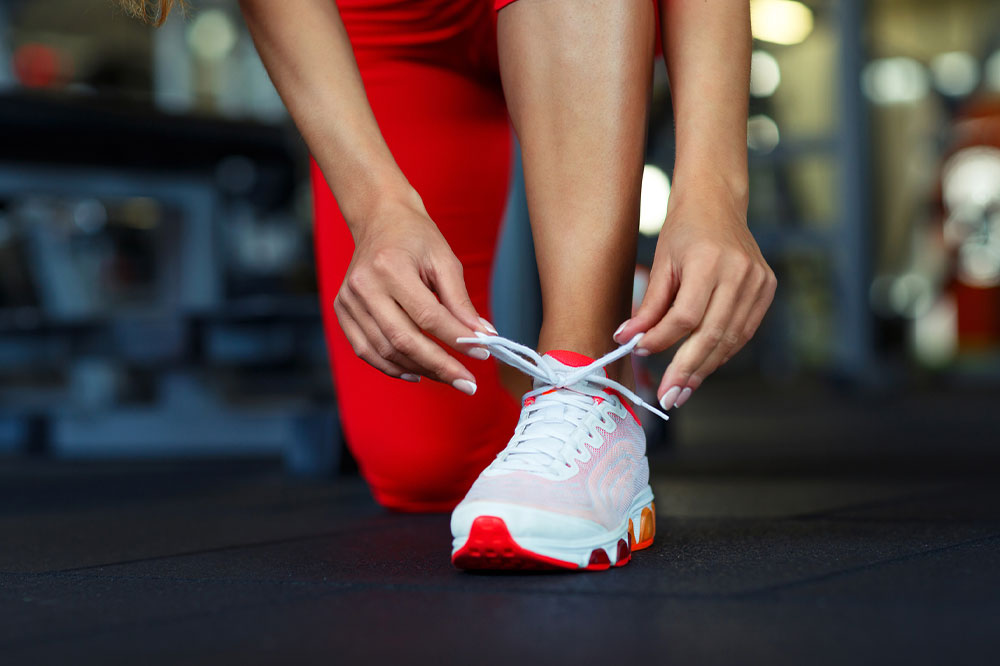Top 10 warning signs of poor blood circulation

Blood circulation is among the most crucial bodily functions. Red blood cells (RBCs) continuously supply freshly oxygenated blood to different organs, supporting all major metabolic, digestive, cognitive, and cardiovascular processes. Any interruption in this supply can trigger a chain reaction of complications, leading to poor health. Here are ten common signs of poor blood circulation that one must never ignore. Individuals should visit an expert immediately upon experiencing these symptoms to determine the underlying cause.
Swelling
Swelling is one of the first noticeable signs of poor blood circulation, which usually occurs in the hands and feet. It is accompanied by a warm sensation under the skin as the blood backs up and pools into a single area due to obstructions in arteries and veins. As blood circulation reduces, one might also experience numbness and tingling in the hands and feet. The numbness and tingling sensations are similar to what one experiences when pins and needles prick the skin.
Dry skin
Another visible symptom of poor circulation is dry skin. A lack of blood flow affects the regeneration of healthy skin cells, causing the old cells to crack up and form dry patches. If left unchecked, these dry patches can become infected and develop wounds that take time to heal. Without access to oxygen and vital nutrients from the blood, the cells also lose their structural integrity and begin to break down prematurely.
Skin discoloration
Poor circulation triggers discoloration of the skin. When blood cannot flow smoothly, it pools or collects at isolated spots, causing the skin to turn purplish red. These wounds look similar to bruises that develop due to a physical injury on the skin.
Gas and bloating
Poor blood circulation can affect metabolism, resulting in health complications like constipation, diarrhea, and abdominal pain. These disorders are known to trigger gas and bloating, among other symptoms. Poor circulation is also one of the main reasons why some people experience painful abdominal cramps.
Muscle cramps
The muscles do not receive sufficient oxygen when blood does not circulate properly. As a result, one may develop painful cramps in the hip, thigh, or calf muscles that affect mobility. The pain may develop gradually, but it can become unbearable with time as the circulation remains cut off.
Hair loss
The blood circulates under the skin, nourishing hair follicles and promoting hair growth. Poor circulation causes the follicles to be deprived of nutrients, which causes hair loss in the affected area. The loss is more evident around the feet and legs, with the hair first growing slowly and then thinning out permanently. Some adults might even experience premature hair fall and hair thinning on the head.
Varicose veins
The veins carrying blood throughout the body have tiny valves that automatically control circulation. If these valves fail to regulate blood flow, the resulting pooling and backing up can cause varicose veins. It is a common condition where the veins close to the skin’s surface bulge, get discolored, and cause pain that becomes difficult to bear after some time.
Poor cognitive function
Blood circulation ensures essential vitamins, nutrients, and minerals reach the brain and replenish the organ to preserve cognitive function. Poor circulation cuts off the nutrient supply to the brain, resulting in confusion, loss of concentration, memory problems, and other cognitive impairments. Poor circulation is a significant risk factor for chronic neurological disorders like Alzheimer’s disease, dementia, and Parkinson’s.
Fatigue
Blood carries fresh oxygen to all body extremities, supporting vital functions and organs. Due to improper circulation, the brain, heart, kidneys, liver, and digestive tract do not receive the nutrition required to perform well. As a result, the body finds it hard to work, and one experiences fatigue. In most cases, fatigue develops slowly and affects a person’s daily routine.
Erectile dysfunction
Men can achieve and maintain an erection only when the genitals receive sufficient blood supply consistently. Poor circulation impacts this function, causing erectile dysfunction. Damaged blood vessels and underlying chronic disorders like diabetes impact the severity of this condition.
Individuals should not ignore these symptoms, as poor circulation can trigger severe health complications in the long run. Early diagnosis and prompt treatment can help manage the discomforts and improve one’s quality of life.
In order to support a healthy cardiovascular system, heart patients should also prioritize a nutritious food intake, especially when it comes to having breakfast. A healthy breakfast for heart patients can include whole grains, fruits, nuts, and low-fat dairy products, as these foods provide essential nutrients and promote optimal heart health. It’s ideal to opt for foods rich in fiber, antioxidants, healthy fats, and protein.









